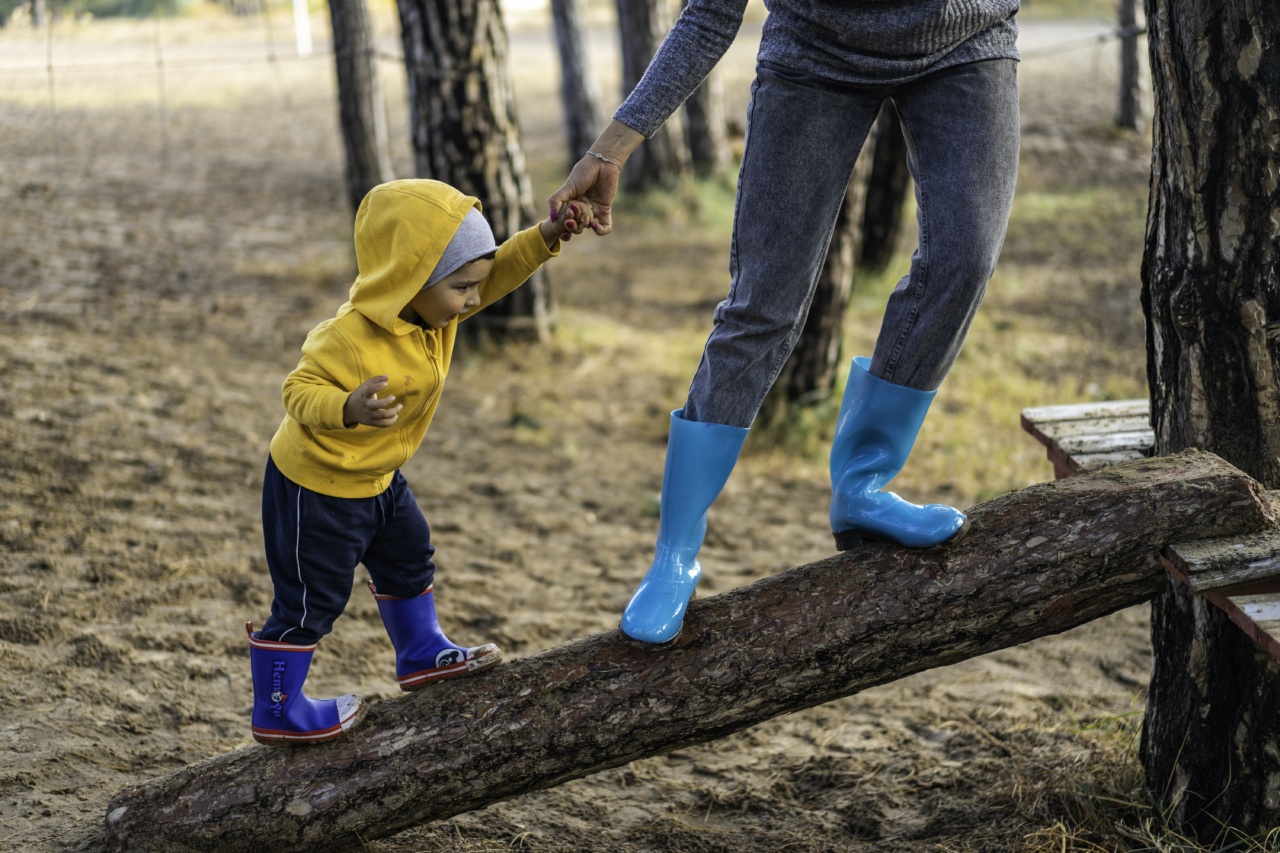Childhood illnesses can have various long-term effects on one’s health, and in some cases, they can even lead to deafness later in life.
While many childhood ailments are commonly associated with temporary hearing loss, there are several conditions that can result in permanent hearing impairment. This article explores some of the childhood illnesses that can cause deafness in adulthood.
1. Meningitis
Meningitis is an inflammation of the protective membranes surrounding the brain and spinal cord. While it can affect people of all ages, infants and children are particularly susceptible.
The infection can damage the cochlea or auditory nerves, leading to hearing loss. Prompt diagnosis and treatment are crucial in preventing long-term complications.
2. Measles
Measles, a highly contagious viral infection, can have severe consequences, including hearing loss. The virus can invade the inner ear and affect the cochlea, resulting in permanent hearing impairment.
Vaccination against measles, commonly administered as part of the MMR (measles, mumps, and rubella) vaccine, can significantly reduce the risk.
3. Mumps
Mumps is a viral infection known for causing swollen salivary glands. While most people recover completely, others may experience complications, such as deafness. Mumps-associated hearing loss typically affects one ear but can be bilateral in some cases.
Vaccination against mumps can prevent this potentially serious outcome.
4. Rubella
Rubella, also known as German measles, can cause hearing loss if a pregnant woman contracts the infection and passes it on to her unborn child. Congenital rubella syndrome can lead to severe birth defects, including deafness.
Routine vaccination of children and individuals planning a pregnancy helps prevent the disease’s spread and its devastating consequences.
5. Ototoxic Medications
Some medications, when used during childhood, can damage the hearing system and lead to irreversible hearing loss.
These medications, known as ototoxic drugs, include certain antibiotics, chemotherapy drugs, and non-steroidal anti-inflammatory drugs (NSAIDs). It is essential to monitor the use of such medications in children to reduce the risk of hearing impairment.
6. Chronic Otitis Media
Chronic otitis media is a persistent inflammation of the middle ear, often resulting from recurrent ear infections. When left untreated, it can lead to complications like perforated eardrums and damage to the tiny bones within the ear.
Long-term fluid accumulation in the middle ear can cause hearing loss, affecting speech development and academic performance.
7. Cytomegalovirus (CMV) Infection
Cytomegalovirus (CMV) is a common virus that can cause both mild and severe symptoms. If an expectant mother is infected with CMV during pregnancy or if a baby contracts the infection shortly after birth, it can cause hearing loss.
Regular check-ups and early intervention can significantly improve outcomes for children affected by CMV-related hearing impairment.
8. Noise-Induced Hearing Loss
Exposure to loud noises in childhood, such as prolonged and excessive noise from toys, fireworks, or music, can result in noise-induced hearing loss.
This type of hearing impairment is preventable by implementing proper hearing protection measures, such as using earplugs or earmuffs, especially in noisy environments.
9. Genetic Factors
Some childhood illnesses leading to deafness later in life have a genetic component. Certain genetic disorders, like Usher syndrome or congenital deafness, can cause hearing loss from infancy or childhood.
Identifying these genetic factors can help in understanding the disease progression and developing appropriate interventions.
10. Secondhand Smoke
Exposure to secondhand smoke during childhood can have detrimental effects on overall health, including hearing. Children regularly exposed to cigarette smoke are more likely to experience hearing loss.
Creating a smoke-free environment is crucial for preserving not only respiratory health but also hearing health.
Conclusion
Childhood illnesses, ranging from infections to exposure to ototoxic medications and loud noises, can cause deafness later in life.
Prevention, timely diagnosis, and appropriate treatment play vital roles in reducing the risk and severity of hearing loss. Immunization programs, regular screenings, and creating safe environments can significantly contribute to the well-being and long-term hearing health of children.





























